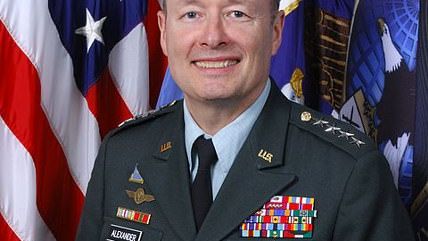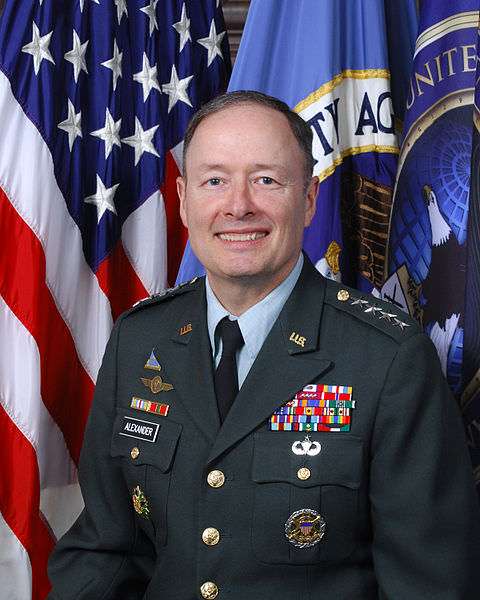NSA Director Softens Claims About Surveillance's Contribution in 50 Terrorism Cases


So … Just how crucial was the contribution of massive and uber-creepy National Security Agency snooping to preventing the now-infamous 50 potential terrorist incidents? Not long ago NSA Director General Keith Alexander told Congress that the interception of phone and Internet communications revealed by Edward Snowden "protected the U.S. and our allies from terrorist threats across the globe." He's still claiming a positive role for Prism and other NSA activities, but his words to his own employees make the programs sound somewhat less definitive than you'd think from his past claims.
On June 18, before the House Intelligence Committee, Gen. Alexander said:
In recent years, these programs, together with other intelligence, have protected the U.S. and our allies from terrorist threats across the globe, to include helping prevent a terrorist – potential terrorist events over 50 times since 9/11.
We will actually bring forward to the committee tomorrow documents that the inter-agency has agreed on that in a classified setting gives every one of those cases for you to review. We'll add two more today publicly – we'll discuss – but as the Chairman noted, if we give all those out, we give all the secrets of how we're tracking down terrorists as a community and we can't do that. Too much is at risk for us and for our allies.
He added:
We would like to make three fundamental points:
First, these programs are critical to the intelligence community's ability to protect our nation and our allies' security. They assist the intelligence community's efforts to connect the dots.
Second, these programs are limited, focused, and subject to rigorous oversight. They have distinct purposes and oversight mechanisms. We have rigorous training programs for our analysts and their supervisors to understand their responsibilities regarding compliance.
Third, the disciplined operations of these programs protect the privacy and civil liberties of the American people. We will provide important details about each of those…
But yesterday, in a statement to the people working for the National Security Agency/Central Security Service, he said.
On 21 June we provided over 50 cases to both the House and Senate Intelligence Committees that show the specific contribution of these programs to our understanding and, in many cases, disruption of terrorist plots in the United States and over 20 countries throughout the world. These results were achieved consistent with our responsibilities under the law. A report issued by the Senate Judiciary in June 2012 emphasized that the government has implemented its intelligence authorities in a responsible manner: "Through four years of oversight, the committee has not identified a single case in which a government official engaged in willful effort to circumvent or violate the law." More than 50 disruptions with zero willful failures in the protection of civil liberties - that's an incredible record and is a testament to NSA's staunch commitment to protecting and upholding the privacy and civil liberties of the American people even as we keep our nation safe. This has been accomplished by the extraordinary people at NSA, the real heroes, working alongside our partners within the Intelligence Community.
I don't think I'm being a nitpicker when I say there's a difference between "these programs, together with other intelligence, have protected the U.S. and our allies from terrorist threats across the globe" and "specific contribution of these programs to our understanding and, in many cases, disruption of terrorist plots." On the one hand, we have "critical" programs, and on the other we have something that sounds more like a helpful research tool.
That distinction in the claimed centrality of the programs is important given the further distinction between "these programs protect the privacy and civil liberties of the American people" and "[t]hrough four years of oversight, the committee has not identified a single case in which a government official engaged in willful effort to circumvent or violate the law." The statement before Congress is absolute, the statement to his own people sounds more like, "nobody can prove intent!"
That's without getting into the fact that many of us are unimpressed by the legal standards and parameters set by the federal government on surveillance.
Maybe this is a matter of sloppy choices in phraseology, but these aren't off-the-cuff coments. Gen. Alexander testified before Congress in the first incident, and issued an official and presumably vetted communication to his staff in the other, both on a high-profile, highly controversial matter that has sparked international debate.
So … How important and respectful of our liberty are these snooping schemes again?


Show Comments (47)